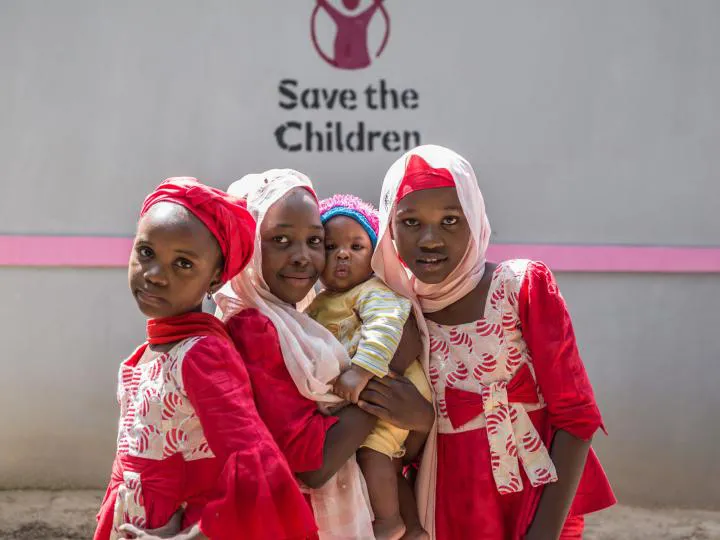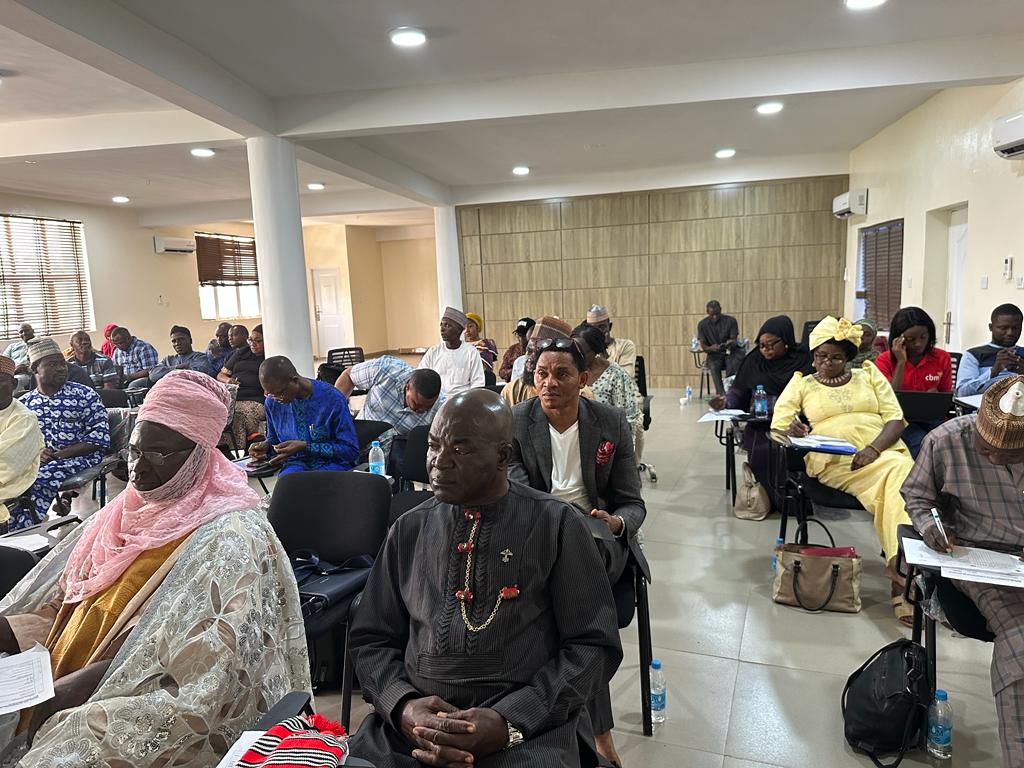NPC, UNICEF target birth registration of 797,209 children in Katsina
By Abbas Bamalli The National Population Commission (NPC) with the support of the United Nations Children’s Funds (UNICEF), has embarked on birth registration in Katsina State, targeting 797,209 children. Mrs Ogbodo Adaku, UNICEF’s Focal Person disclosed this during the training of some ad-hoc registrants in Katsina onContinue Reading




















